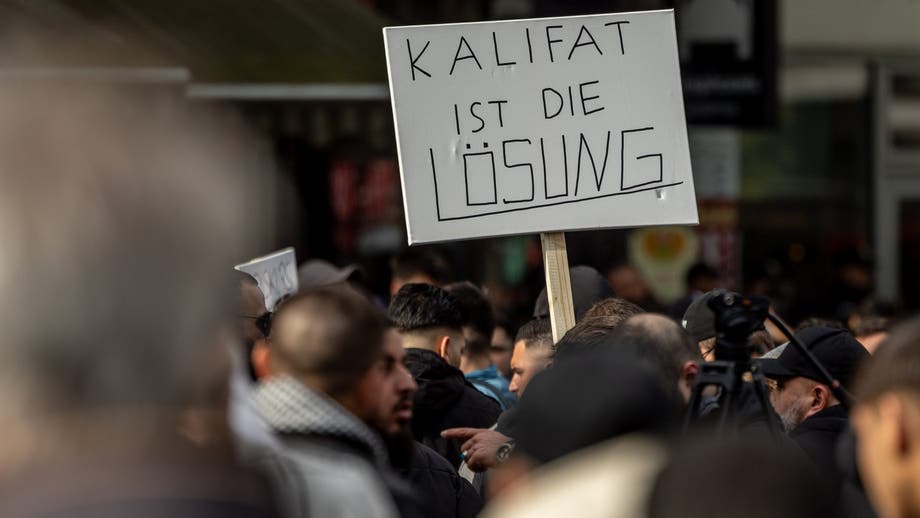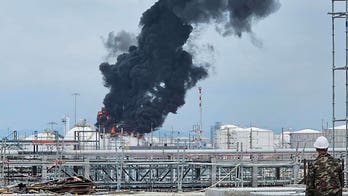Scotland's controversial hate crime law is sparking backlash for its potential impact on free speech. First Minister Humza Yousaf is facing growing pressure after announcing the end of a power-sharing agreement, raising the possibility of his resignation and an early election.

Scotland's First Minister Humza Yousaf is facing a battle for his political survival after pulling the plug on a three-year power-sharing deal with the Greens over climate change policies. The move has triggered a motion of no-confidence against Yousaf, which he has vowed to fight.

Yousaf's decision to end the power-sharing agreement has heightened tensions within the Scottish National Party (SNP), which forms a minority government. The Greens, furious at their ejection, have pledged to vote against Yousaf, along with other opposition parties.
Without the support of the Greens, Yousaf is two seats short of a majority. A defeat in the no-confidence vote could force him to step down and trigger an early election in Scotland.
Yousaf may need the support of former SNP lawmaker Ash Regan, who has indicated she may seek concessions from him. If Regan backs Yousaf, the government would have 64 votes. In the event of a tie, the presiding officer would likely vote in favor of the status quo.
However, Scottish Labour has also expressed its intention to lodge a no-confidence vote, which could increase the chances of Yousaf's defeat. If he loses, he would be required to resign, and the Scottish Parliament would have 28 days to form a new government with majority support.
The political turmoil in Scotland comes amidst concerns over the impact of the country's hate crime law on free speech. The law, which was passed in 2021, has been criticized by some for its broad definition of hate crimes.
Critics argue that the law could stifle legitimate expressions of opinion and lead to frivolous or malicious prosecutions. They contend that it infringes on the right to free expression, which is a fundamental principle of democracy.
The law has also faced criticism from the UN Special Rapporteur on the promotion and protection of the right to freedom of opinion and expression, who has expressed concerns that it may have a chilling effect on freedom of speech.
The Scottish government has defended the hate crime law, arguing that it is necessary to protect vulnerable groups from discrimination and harassment. However, the controversy surrounding its free speech implications is likely to continue.
The vote on the no-confidence motion will take place next week and is expected to be a nail-biter. Yousaf's fate, and the future of the Scottish government, hangs in the balance.










